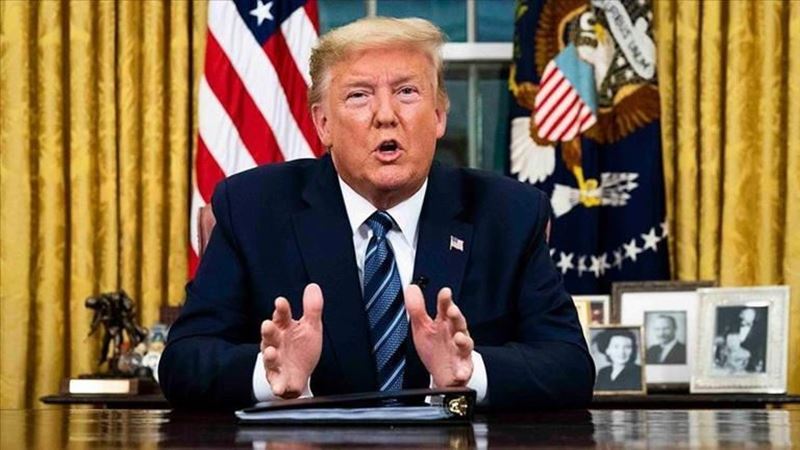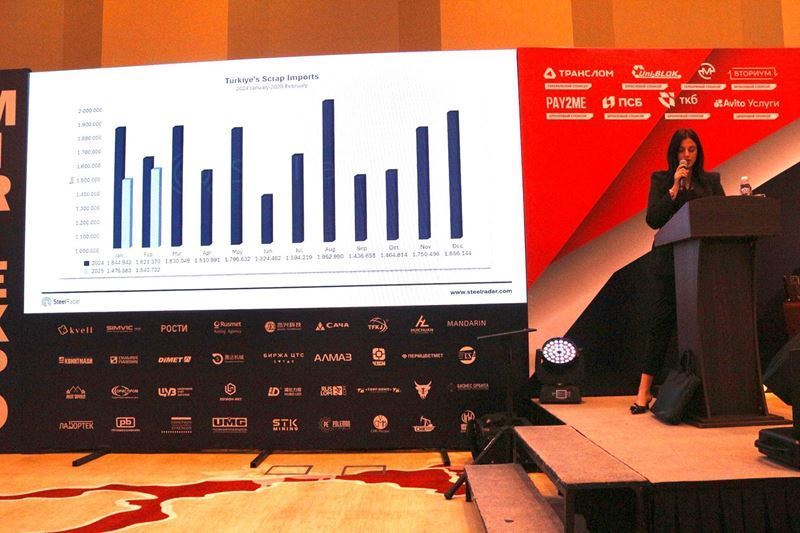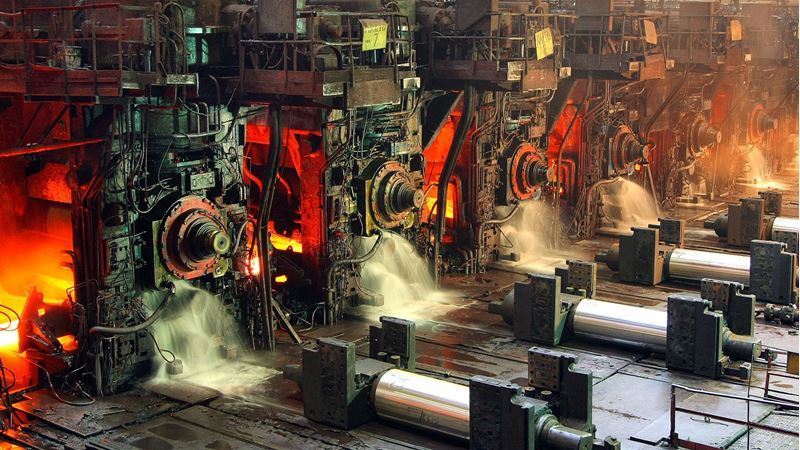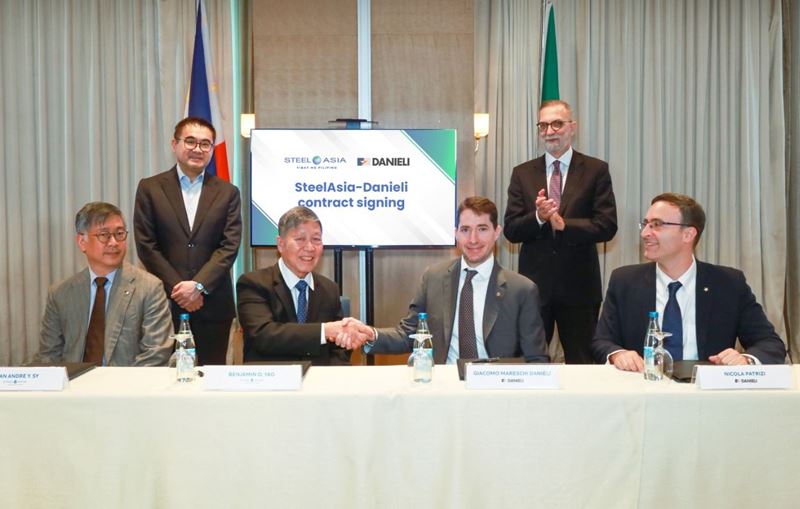In response to China's retaliatory step, Trump imposed an additional 50 % tariff on goods imported from Beijing. Thus, the total tax rate imposed on China rose to 104%. This decision has taken the trade tension between the US and China to a new dimension and has the potential to affect global trade balances.
The US President devoted the period before the tariffs were imposed to talks with allied countries. After leaders from Asia and Europe announced on Tuesday that they were in contact with the White House, the Trump administration said the US was open to private trade deals that could lower or eliminate tariffs.
“We're doing very well in making deals - I call them ‘country-specific deals,’” Trump stated at an energy event. Describing China's 34% retaliatory tariff as “a mistake”, Trump added: “China would love to make a deal, but they don't know how to get it started. We are waiting for their call. It will happen!”
Trump also stated after a phone call with South Korea's acting President Han Duck-soo that the prospects for a trade deal with Seoul were “very strong”. It was also announced that officials from Japan will soon arrive in Washington and start talks.
On the other hand, President Trump indicated that it will take time to negotiate trade agreements with the nearly 70 countries that have requested talks. However, he also signaled that he would soon announce “massive” tariffs on the pharmaceutical industry.
With the new tariff moves, the US has entered a more aggressive period in global trade policies, while Trump's “country-specific” approach points to a strategy that moves away from multilateral trade structures.











Comments
No comment yet.